Preventing bursting pipes is extremely important because it can cause significant damage to homes and businesses. Bursting pipes can lead to flooding, extensive water damage, and the need for costly repairs. They can also create safety hazards such as electrical shocks or the potential for mold growth.
In addition, burst pipes may interrupt water service, affecting access to running water for drinking, cleaning, and other everyday activities. Therefore, preventative measures like regular maintenance and inspections of plumbing systems are essential to avoid these potentially catastrophic events.
The Costly Consequences of Water Damage
If a pipe bursts, it can cause severe flooding, which can lead to:
- Structural damage to walls and ceilings
- Mold growth
- Damage to furniture and other items
- Rotting wood supports and flooring
- Electrical problems due to water exposure
These issues may have long-term impacts on the health of those living in or working in the building. In addition to these physical damages caused by water intrusion, property owners are often responsible for paying expensive repair bills that add up quickly if not addressed immediately.
Common Causes of Bursting Pipes
A variety of factors can cause bursting pipes. Common causes include:
- Freezing temperatures
- Corrosion and rust buildup
- Tree roots grow into the pipes
- High water pressure
In addition, older homes may have outdated plumbing systems that are more prone to bursting or leaking over time.
Preventative Measures for Freezing Temperatures
Freezing temperatures are a very rare occurrence in Palm Springs and the Coachella Valley. However, there have been freezing temperatures a few times in the past. So, preparing for freezing weather can help prevent your pipes from freezing and bursting.
When temperatures drop and water freezes, it expands and places tremendous pressure on pipes and joints, leading to cracks or bursts. To prevent freezing, homeowners should insulate exposed pipes and keep their thermostats above 55 degrees Fahrenheit during cold months.
Keeping cabinet doors open in areas with plumbing systems can also help provide some warmth and reduce the chances of frozen pipes. Should your pipes ever freeze, in extreme cases a professional plumber should be called to apply heat and thaw frozen pipes before they burst.
Tackling Corrosion and Rust Buildup
To help reduce this issue, homeowners should have their water tested for PH levels and other contaminants. If the water is acidic, an appropriate filter system should be installed to neutralize the PH levels before they reach the pipes. In addition, regular inspections of plumbing systems can help identify any areas where corrosion or rust has already begun to form so that it can be addressed before it leads to serious pipe damage.
Controlling Water Pressure
Excessively high pressure can cause pipes and joints to become overstressed, causing cracking or bursting. To address this issue, ensure your home has a water pressure regulator designed to keep water pressure at safe levels.
In addition, homeowners should check the pressure setting on the pressure regulator to ensure it is not turned up too high. If it is, they should turn it down or call their plumber for assistance. Inspecting the plumbing system for any signs of excessive pressure wear and tear is also beneficial so that repairs can be made as soon as possible if needed.
Addressing Tree Root Invasion
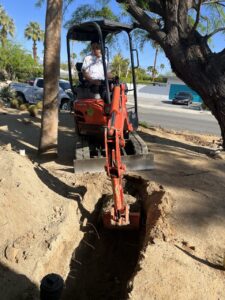
Tree roots can also cause serious damage to plumbing systems. Tree roots can grow through the tiniest of openings where pipes connect if they are not properly sealed. If a tree root invades a pipe, it may grow large enough to block the water flow and lead to bursting pipes.
To prevent this, homeowners should avoid planting trees near their home’s plumbing system or install special PVC piping with metal grates designed to keep out invading tree roots. Additionally, routine plumbing system inspections can help identify areas where tree roots have already infiltrated so they can be removed before further damage is done.
What Should I Do if I Have a Burst Pipe?
If your home or business has a burst pipe, it is important to take immediate action. Turn off the main water supply valve and immediately call KC’s 23 ½ Hour Plumbing and Air Conditioning.
Our plumbers will assess the situation, inspect the home for water damage, and make the necessary repairs. We can also help prevent the common causes of burst pipes with our maintenance services. Contact us today to schedule an appointment.
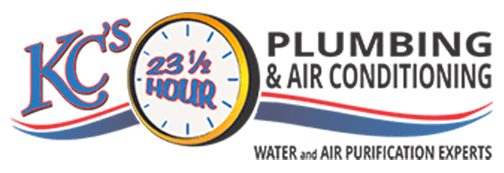
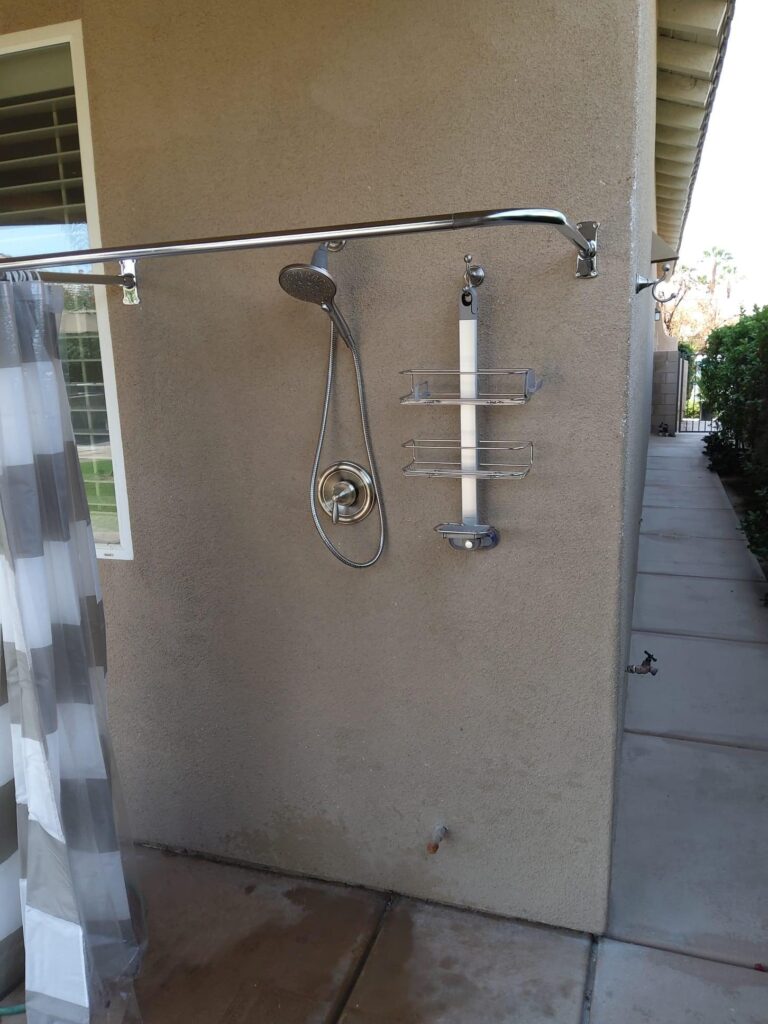

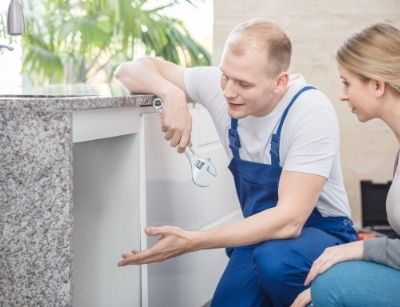

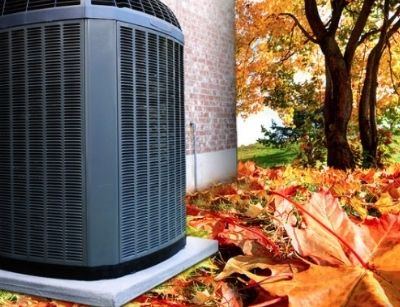 Debris Buildups
Debris Buildups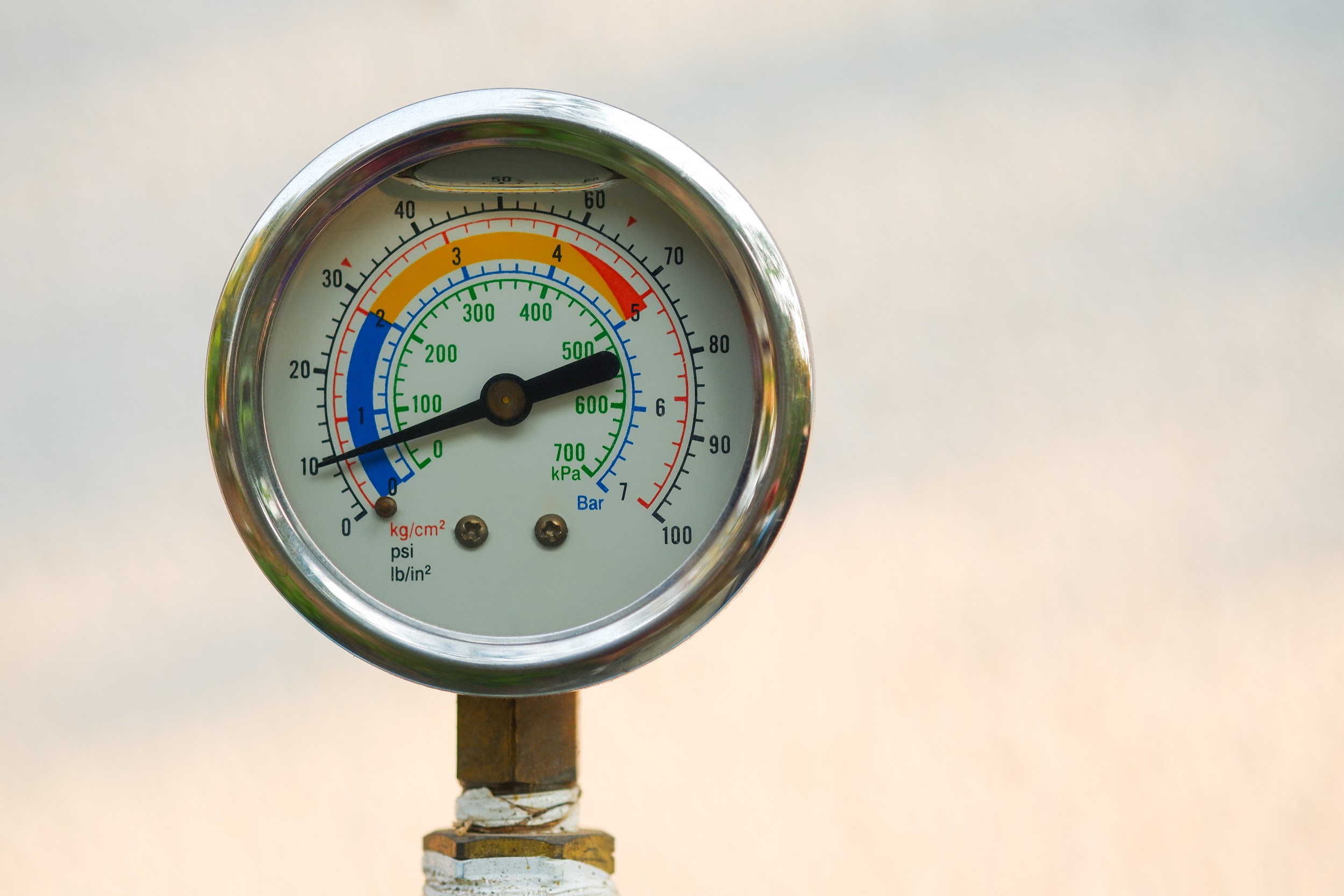 To
To 


